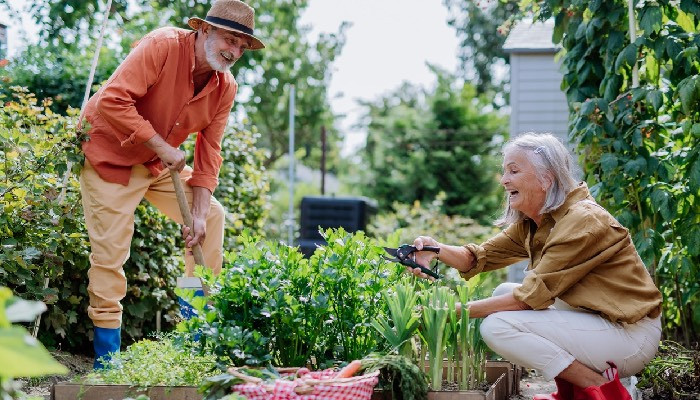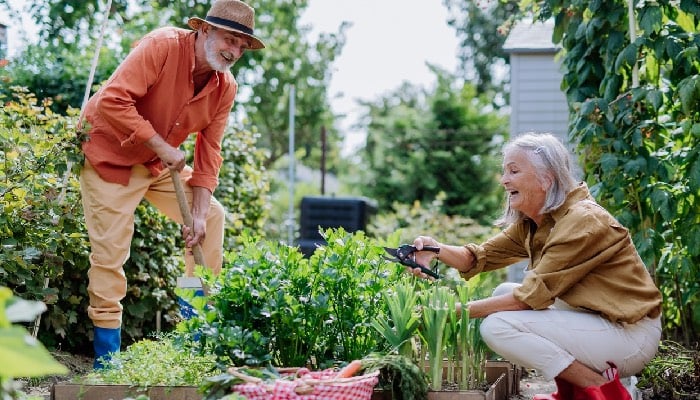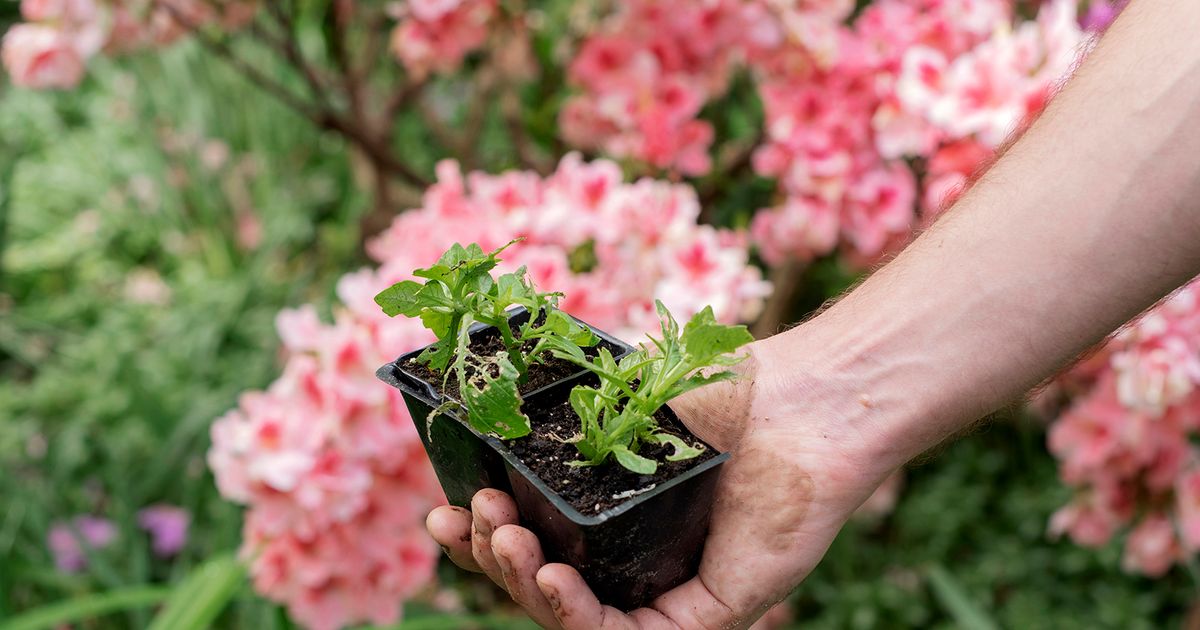
Gardening: A Simple Activity with Significant Mental and Physical Health Benefits
Gardening, an activity that involves growing plants, has gained increasing attention for its numerous mental and physical health benefits. According to various studies, gardening can help maintain brain health in old age, reduce the risk of dementia, improve mood and provide a sense of purpose.
A study conducted by Edinburgh University found that those who frequently or occasionally gardened showed better cognitive abilities in old age compared to their younger years. The mentally stimulating nature of gardening contributes to brain health in older age, potentially reducing the risk of cognitive decline.
Another study published in the Journal of Environmental Psychology discovered that gardeners had lower rates of heart attack, stroke, diabetes, high cholesterol and high blood pressure compared to non-exercisers. Gardening benefits mental well-being by boosting mood and providing a sense of purpose.
Participating in community gardening also helps build social connections and combat loneliness. In Colorado, participants reported experiencing a sense of belonging and shared learning through their gardening activities.
Watching a seed grow into a plant provides gardeners with a sense of accomplishment and purpose. Horticultural therapy has been shown to help individuals with mental health conditions such as anxiety, depression, and PTSD.
Gardening can also be considered an excellent form of exercise. Regular gardening activities like digging, raking, hauling bags of potting soil challenge muscles in the arms, legs and core. Additionally, gardening provides opportunities to engage in mindfulness practices while connecting with nature.
In conclusion, gardening is a simple yet powerful activity that offers numerous mental and physical health benefits. Whether you choose to garden alone or join a community garden, this activity can help improve your overall well-being and provide a sense of accomplishment.



